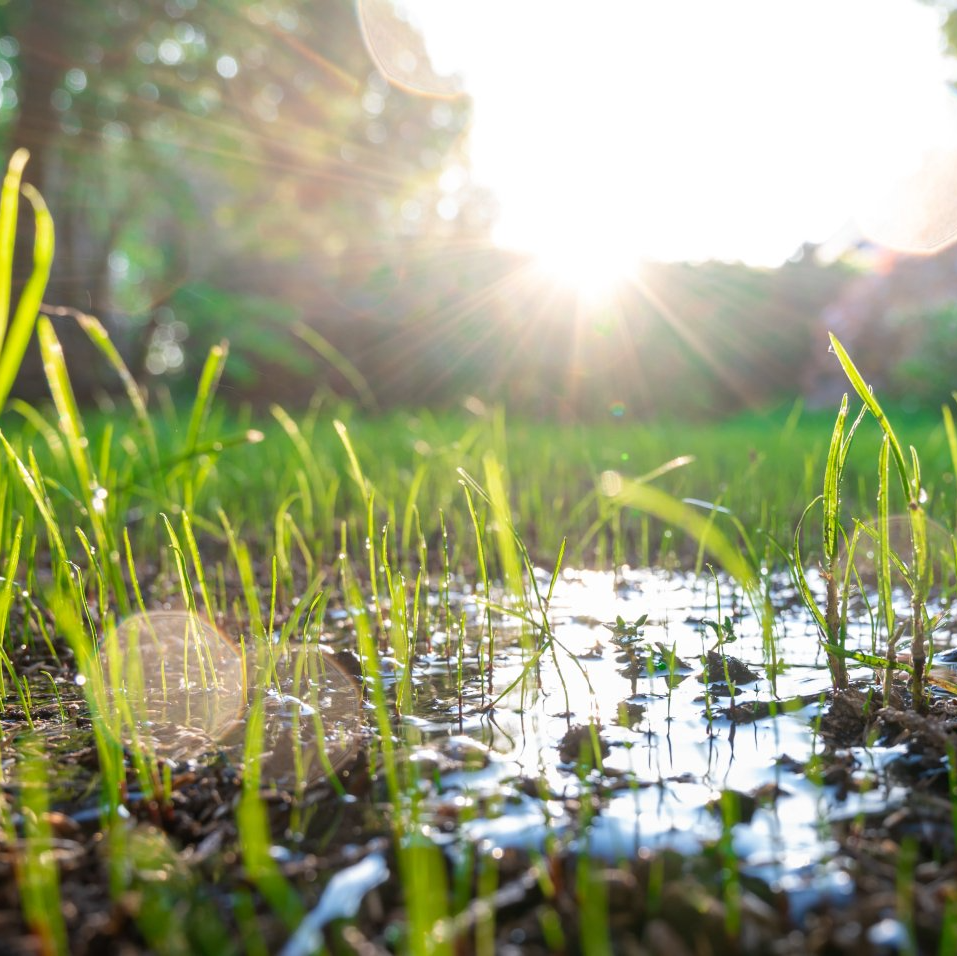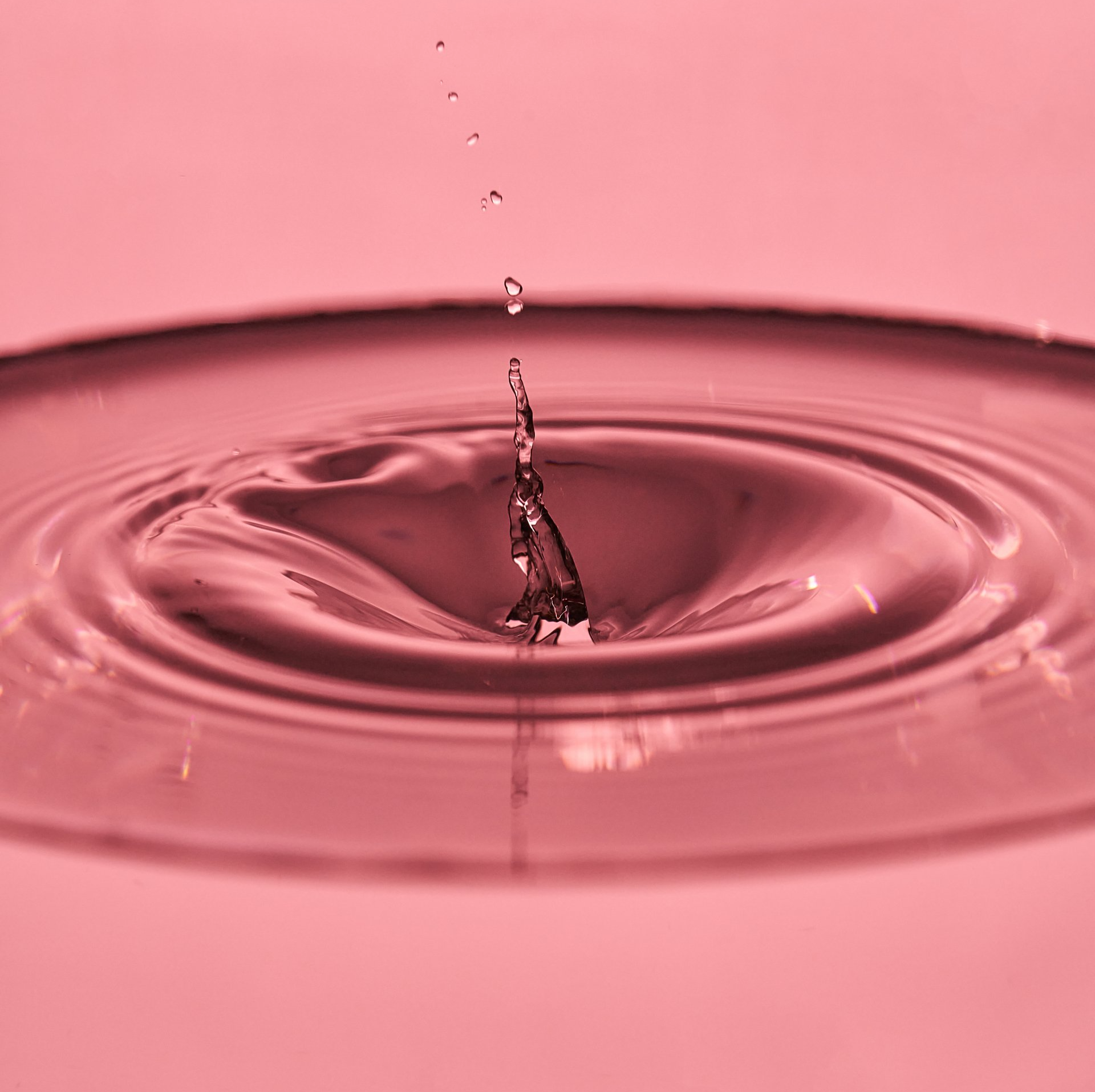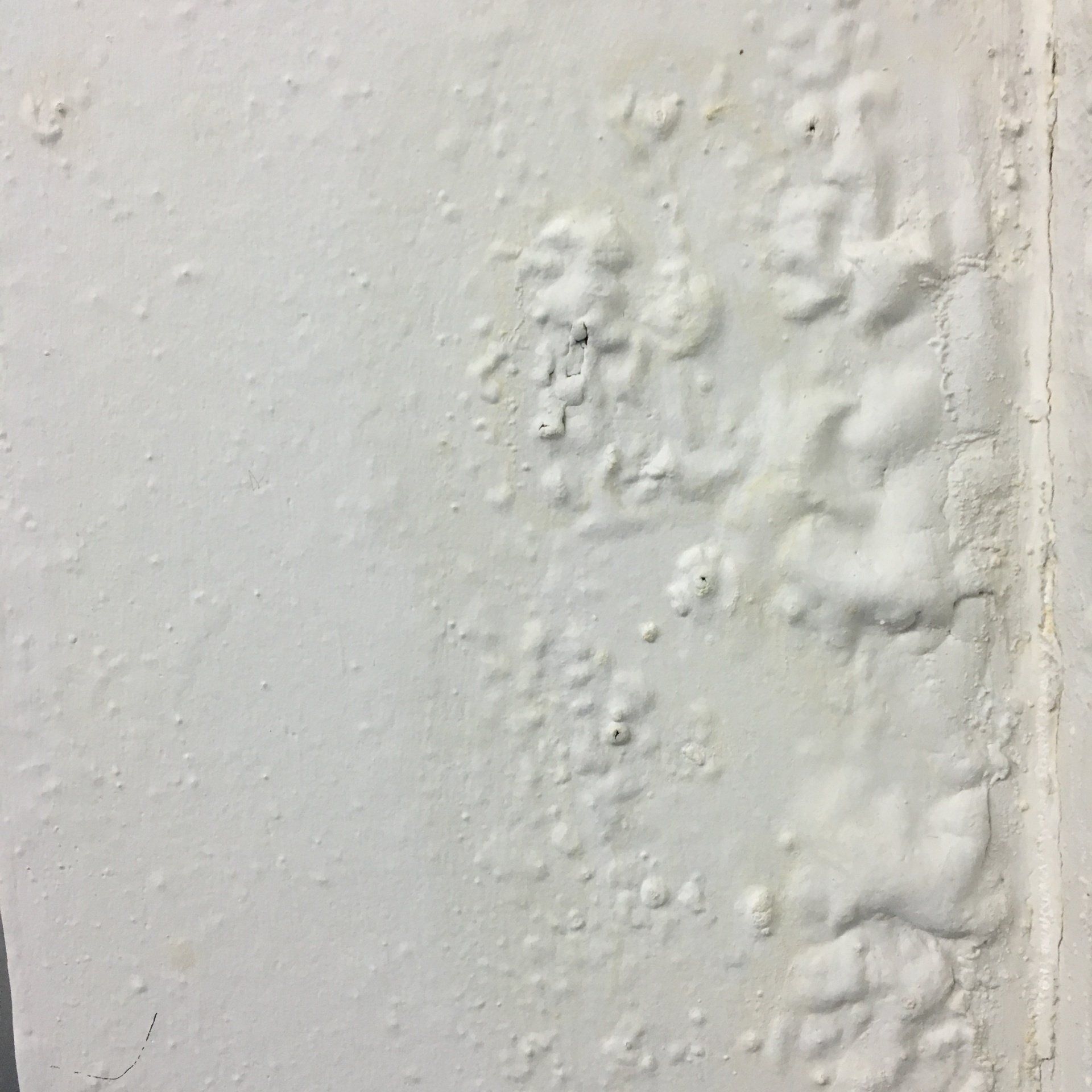Leaks Happen
Unfortunately, water leaks are fairly common, even in newer homes, and it is likely that sooner or later, you will encounter one. Even small water leaks can cause serious havoc over time, from higher water bills to potentially damaging your home’s structure or furnishings. It is critical to find and repair leaks as soon as possible. Listed below are several ways to detect sneaky leaks in your home and on your property.

Monitor Your Water Bill
Monthly water bills are fairly predictable, so if you receive one that’s unusually high—and you haven’t been using excess water—you may have a leak.
Check Your Lawn
If you notice certain areas of your lawn that are greener – or grow faster – than the rest of your yard, it could indicate the spot where a buried water line is leaking. If the leak is profuse, you might even notice that the ground feels spongy or wet.


Investigate Appliances and Fixtures
Check the cabinets under the kitchen, laundry, and bathroom sinks to make sure they’re dry. You’ll also want to look for puddles around the bases of tubs, toilets, and showers and beneath the water heater, dishwasher, and clothes washer. And don’t forget to check your outdoor faucets too!
Try the Toilet Dye Test
Toilets are one of the most common types of interior leaks. The toilet’s flapper can become brittle over time, allowing water to trickle from the tank into the bowl. Grab a bottle of food coloring and put a few drops in the tank of every toilet in the house. If a toilet tank is leaking, color will appear in the bowl within five minutes.


Look for Signs of Water Damage
While most leaks are found near a faucet, some leaks can develop further back in the water line. These leaks can be very hazardous because usually they are only discovered due to the damage they have already caused. Keep an eye out for the following signs of water damage:
- Wall discoloration
- Bubbling paint or bulging wallpaper
- Swollen or warped floorboards
- A musty smell
These indicators could point to a pipe leak or a structural leak in your roof or siding, either way it is important for the longevity of your home and the safety of your family to address these issues as soon as possible.
Invest in Leak Detectors
Some fixtures and pipes are more prone to leaking than others, such as older water heaters or pipes leading to exterior water faucets. These fixtures and pipes are also easily overlooked because they are not items you interact with regularly. Leak detectors are a simple solution that can alert you to any potential issues quickly.

Water Saving Tips
We are fortunate to have access to clean water and it is easy to forget that water is a finite commodity. Properly managing your water usage not only helps you save money, it also helps the environment and our community. Beyond checking for leaks, there are many ways to reduce your water usage. Review our list of water saving tips below and consider using them in your everyday life. Small changes can lead to big impacts!
Take Baths or Shorter Showers
A typical shower uses 5 gallons of water a minute, meaning a 15-minute shower uses about 75 gallons of water. An average bathtub holds about 45 gallons of water, and most people only fill it with about 30 gallons to account for water displacement. Consider taking shorter showers and if you need more time, consider opting for a bath instead.
Install Water Saving Shower Heads or Flow Restrictors
Water saving shower heads are fairly inexpensive, easy to install, and can be found at most hardware stores. They will cut the water flow down to about 3 gallons a minute instead of five. This still provides enough waterflow and pressure to give you a clean and refreshing shower while still reducing your water usage.
Turn Off the Faucet
Its common the leave the facet running while brushing your teeth, shaving, and washing dishes. However, you will save several gallons of water with each of these tasks if you can break this habit.
Water You Lawn Efficiently
Water your lawn during the cooler part of the day, and if you have a sprinkler system make sure the sprinklers are positioned so the water only lands on your lawn or garden. Avoid watering on windy days.
Sweep Your Driveway
Using a broom to clean your driveway, steps, porch, etc. instead of the hose can save you hundreds of gallons of water.
